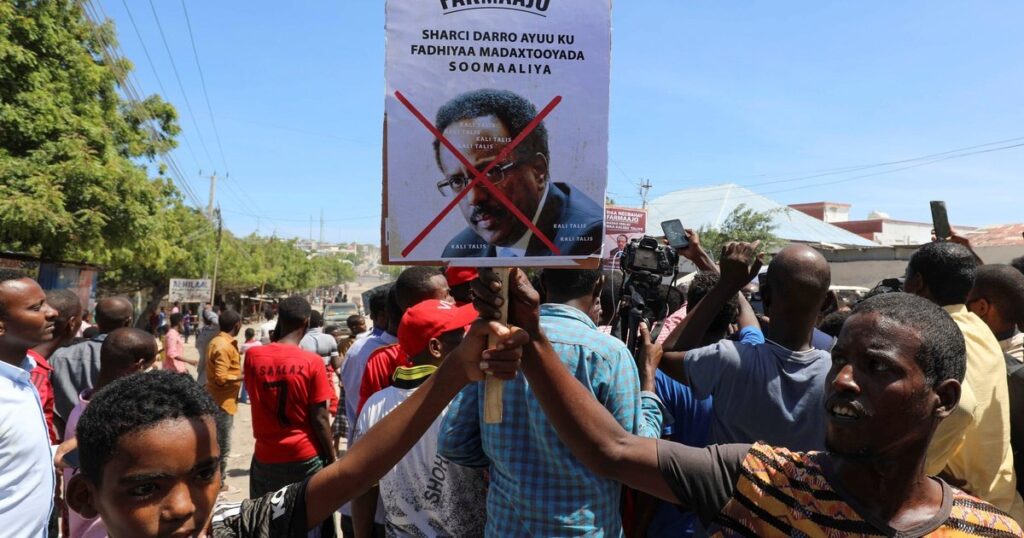Major Developments in Africa
In recent news from Africa, two significant events have emerged from Malawi and Somalia, capturing international attention due to their political implications and humanitarian concerns.
Mutharika’s Political Comeback in Malawi
Peter Mutharika, the former president of Malawi, has made a noteworthy return to politics by winning the recent election against the incumbent President Lazarus Chakwera. With the election commission declaring Mutharika the victor, he secured a decisive 66% of the votes cast, highlighting a significant political shift in the southern African nation.
Mutharika, aged 85, has a complicated political history, having previously served as president from 2014 to 2020. His recent victory has stirred up discussions about the future direction of Malawi’s governance as citizens voice concerns over ongoing economic challenges and social inequalities.
Somalia’s Ongoing Struggles Against Al-Shabab
In a troubling revelation, Somalia’s President Hassan Sheikh Mohamud reported that he has been targeted for assassination by the militant group al-Shabab on five separate occasions. This alarming claim comes amidst a broader context of escalating violence and instability in Somalia, as the government continues to grapple with insurgency and security issues.
President Mohamud’s safety concerns underline the persistent threat posed by extremist organizations, which have intensified efforts to undermine the government and impose their will on the Somali population. The situation remains precarious as the country approaches critical periods of political transition and efforts to stabilize the region.
Table: Recent Electoral Results in Malawi
| Candidate | Percentage of Votes |
|---|---|
| Peter Mutharika | 66% |
| Lazarus Chakwera | 34% |
Conclusion
Both of these notable stories highlight the ongoing challenges and shifts facing African nations today. Mutharika’s electoral triumph and the threats against Somalia’s leadership reflect broader regional dynamics where governance, security, and public sentiment are continually evolving. As these developments unfold, they will undoubtedly shape the future of politics and stability in the region.


